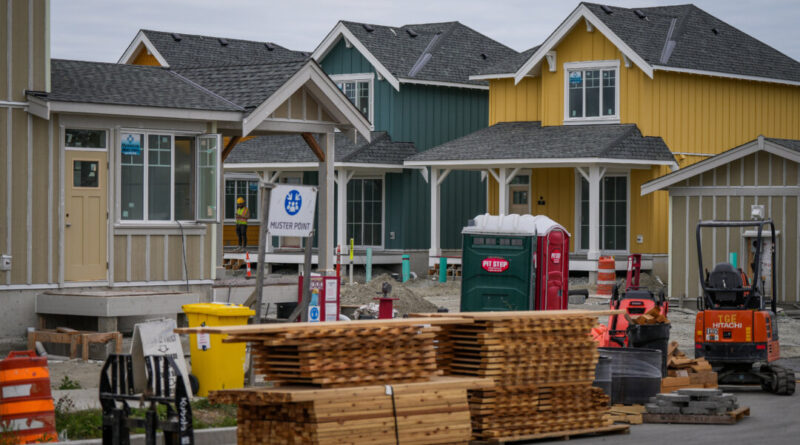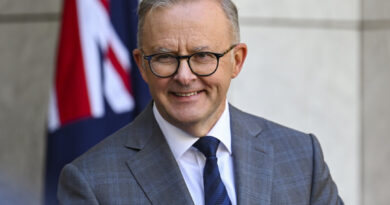The Overlooked Affordability Problem in the BC Election
Commentary
The late great columnist Allan Fotheringham referred to British Columbia as Lotus Land, partly because of our reputation of being a tad out of touch with reality. Despite this well-deserved stereotype, the current election campaign in Canada’s westernmost province is being fought over the thoroughly practical issues of affordability and quality of life.
B.C. Conservative Leader John Rustad has been repeating the Angus Reid figures on how many British Columbians want to leave in just about every speech and interview. But there is another population metric that has gone largely unmentioned since the campaign began—one that is crucial in explaining why housing affordability is top of mind for many voters.
Despite this, the issue hasn’t been brought up during the election campaign.
As well, the words “population growth” and “immigration” were not mentioned during the official televised leaders’ debate on Oct. 8. The most obvious downstream effect of B.C.’s current population growth—the strain on housing capacity—was spoken of copiously. The word “housing” was uttered by the three candidates or the debate moderator no fewer than 65 times, and the word “rent” was said a total of 10 times.
Like all scarce goods and services, the price of housing is determined by both demand and supply. The reticence of B.C.’s party leaders to discuss demand resulted in a debate in which all three sounded strikingly similar.
The reluctance to point to growth-driven demand is not surprising in a political environment in which voters are demanding rapid action on housing.
If a candidate responded to a debate question on housing by explaining how they will tame population growth by entering into lengthy negotiations with Ottawa to transfer more control over immigration to B.C., the eyes of many voters would understandably glaze over.
People want more houses built yesterday, not an idealistic-sounding plan to stabilize prices by taming population growth years from now.
In times of economic hardship, speaking about problems in terms of long time frames and root causes is often not a smart political move. So, B.C. finds itself talking around and around the housing issue, while studiously averting its gaze from the elephant sitting in the corner of the room.
Views expressed in this article are opinions of the author and do not necessarily reflect the views of The Epoch Times.





